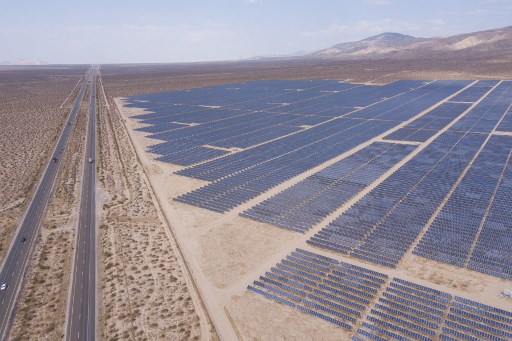
403
Sorry!!
Error! We're sorry, but the page you were looking for doesn't exist.
Tavanir emphasizes necessity for policy package to promote developing renewables in Iran
(MENAFN) The optimization projects manager at Iran's Power Generation, Distribution, and Transmission Company, known as Tavanir, has emphasized the necessity for a comprehensive policy package to promote renewable energy development in the country. Masoud Khani stated that this package should encompass critical areas such as currency supply, import processes, licensing, and support measures for investors. He argued that if the government recognizes the importance of renewables in addressing the energy imbalance, then it must develop a cohesive policy that spans across the Ministry of Energy and extends beyond institutional boundaries.
Khani highlighted that while the Renewable Energy and Energy Efficiency Organization (SATBA) has successfully resolved numerous issues through memorandums of understanding with various entities, the most pressing challenge remains financing. He pointed out that to facilitate the growth of renewable energy projects, especially in solar power, there is a critical need for subsidized foreign currency to import essential components like inverters, even though the production of solar panels is already being undertaken domestically. This requires collaboration with the Industry Ministry to ease order registration and ensure that necessary imports can occur smoothly.
Currently, data from the Energy Ministry reveals that renewable energy sources constitute approximately seven percent of Iran’s total electricity generation capacity. Within this renewable energy landscape, solar power plants represent 44 percent of the capacity, while wind farms account for 40 percent and small-scale hydropower plants contribute 13 percent. This distribution highlights the significant role solar energy plays in Iran's renewable sector.
In recent years, the Iranian government has made concerted efforts to enhance the growth and development of renewable energy sources. Key initiatives include diversifying financing models for renewable projects, increasing the guaranteed electricity purchase ceiling, allowing trading of renewable electricity on the Iran Energy Exchange (IRENEX), and enabling the export of renewable electricity. These measures are pivotal in fostering a robust environment for renewable energy investments and ensuring a sustainable energy future for the country.
Khani highlighted that while the Renewable Energy and Energy Efficiency Organization (SATBA) has successfully resolved numerous issues through memorandums of understanding with various entities, the most pressing challenge remains financing. He pointed out that to facilitate the growth of renewable energy projects, especially in solar power, there is a critical need for subsidized foreign currency to import essential components like inverters, even though the production of solar panels is already being undertaken domestically. This requires collaboration with the Industry Ministry to ease order registration and ensure that necessary imports can occur smoothly.
Currently, data from the Energy Ministry reveals that renewable energy sources constitute approximately seven percent of Iran’s total electricity generation capacity. Within this renewable energy landscape, solar power plants represent 44 percent of the capacity, while wind farms account for 40 percent and small-scale hydropower plants contribute 13 percent. This distribution highlights the significant role solar energy plays in Iran's renewable sector.
In recent years, the Iranian government has made concerted efforts to enhance the growth and development of renewable energy sources. Key initiatives include diversifying financing models for renewable projects, increasing the guaranteed electricity purchase ceiling, allowing trading of renewable electricity on the Iran Energy Exchange (IRENEX), and enabling the export of renewable electricity. These measures are pivotal in fostering a robust environment for renewable energy investments and ensuring a sustainable energy future for the country.

Legal Disclaimer:
MENAFN provides the
information “as is” without warranty of any kind. We do not accept
any responsibility or liability for the accuracy, content, images,
videos, licenses, completeness, legality, or reliability of the information
contained in this article. If you have any complaints or copyright
issues related to this article, kindly contact the provider above.

















Comments
No comment